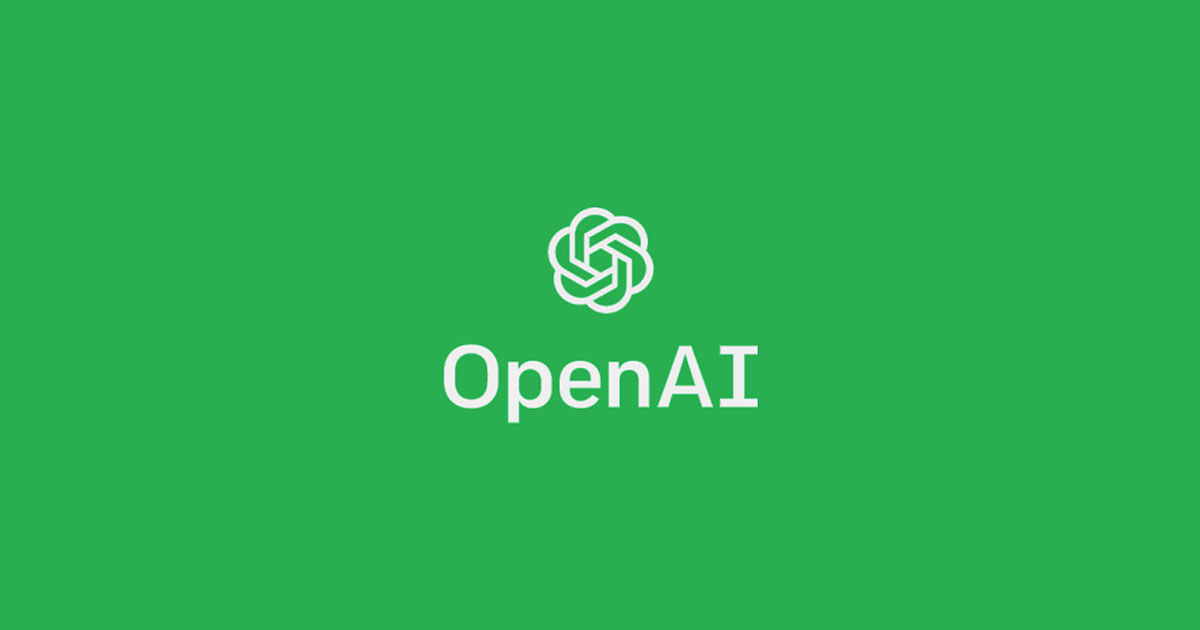Artificial intelligence (AI) continues to evolve, offering new possibilities in various fields, and its recent manifestation, ChatGPT, is reshaping the landscape of chatbot technology. Developed by OpenAI, this breakthrough AI chatbot not only fulfills typical chatbot tasks but goes above and beyond, transforming the way we perceive and interact with AI.
ChatGPT is an advanced model that builds upon OpenAI’s prior project, GPT-3. It uses machine learning algorithms to process a staggering amount of text data, including books, news articles, and countless web pages. This allows the chatbot to understand the complex structure of language, enabling it to generate meaningful and contextually relevant responses.
What truly sets ChatGPT apart and marks its transformation of chatbot technology is its training process. Unlike other AI models, ChatGPT was trained using conversations between human AI trainers, setting it on a trajectory to create useful and safe responses. This unique method has allowed the chatbot to sidestep inappropriate requests and veer toward more productive interactions, paving the way for more secure AI text generators.
However, even with its transformative features, ChatGPT is not devoid of challenges. It doesn’t access real-time information, and its responses, while often helpful and relevant, can sometimes be inaccurate. There have also been instances where users have manipulated its safeguards to produce biased responses.
Nevertheless, these shortcomings do not eclipse ChatGPT’s potential. With its debut in November 2022, the chatbot quickly gathered a million users in just five days, exhibiting the promising potential it holds. OpenAI is committed to addressing these issues, with plans to incorporate user feedback into the system for continuous improvement. The developers have proposed adding a “confidence indicator” feature, which would highlight the model’s confidence in the information it provides, further empowering users.
ChatGPT’s ability to draft business letters, create poems, and even generate computer code is transformative in itself. It showcases the possibilities of AI and pushes the boundaries of chatbot technology, taking us a step closer to AI’s full potential.
The specifics of the unique technical advancements of ChatGPT remain undisclosed, suggesting a shift towards a more proprietary approach in AI developments. This points to an interesting trajectory in AI advancement that intertwines rapid innovation and changing attitudes towards research openness.
Despite the challenges and the broader implications of its development, ChatGPT has indisputably transformed chatbot technology. As we stand on the brink of a new era of AI, it’s exciting to see what transformations ChatGPT will bring next.

